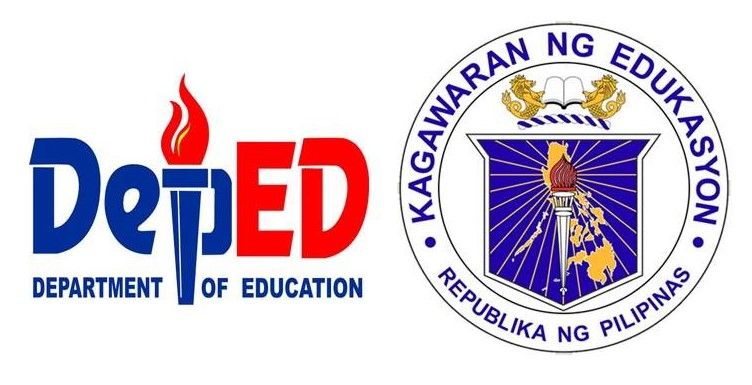Groups are advocating for the integration of waste segregation and environmentally friendly practices into the Department of Education (DepEd) curriculum.
Pilot programs are currently underway in three schools located in Manila, Parañaque, and Pasay City, as part of an effort led by the Asia Society for Social Improvement and Sustainable Transformation (ASSIST).
Francis Macatulad, Director of ASSIST, explained that the initiative started with these three schools but aims to expand to include public elementary and high schools across various local government units (LGUs).
"We began with a few schools, but our goal is to broaden this to most LGUs. We are working to extend the program to other schools," Macatulad said.
A Memorandum of Agreement (MOA) has been signed with the LGUs of Manila, Parañaque, and Pasay to integrate conservation and proper waste disposal education into the school curriculum.
"The educational modules simplify the concept of circularity for children and stress the importance of environmental preservation. They focus on practical actions such as waste segregation and choosing eco-friendly products," Macatulad added.
Under the MOA, ASSIST will supply training and teaching materials to educators at these schools.
"We aim for the project's sustainability by training teachers who will then pass on the knowledge to future students throughout the year. We will also monitor how effectively the teachings are conveyed from teachers to students," Macatulad noted.
ASSIST is collaborating with DepEd and local LGUs to reach as many schools as possible.
Additionally, Christine Bellen, Project Manager for Circular Explorer, mentioned that the initiative plans to include at least 10 more schools this year.
"We will provide resources, allowing teachers to implement the program at their own pace," Bellen said.
The University of the Philippines Marine Science Institute (UPMSI) is also involved in efforts to rehabilitate Manila Bay.
Circular Explorer, a solar-powered vessel, has collected approximately 40,000 kilos of marine litter, with about 40 percent being plastic.
This vessel serves both as a trash collector and a research tool, with UPMSI scientists using it to gather data on marine pollution.
"Mondays and Wednesdays are dedicated to our scientists for research purposes," Bellen added.
#WeTakeAStand #OpinYon #OpinYonNews #DepEd #ASSIST #UPMSI #WasteSegregationinSchools

